Calls for Ukraine
Calls for Europe
Calls for USA
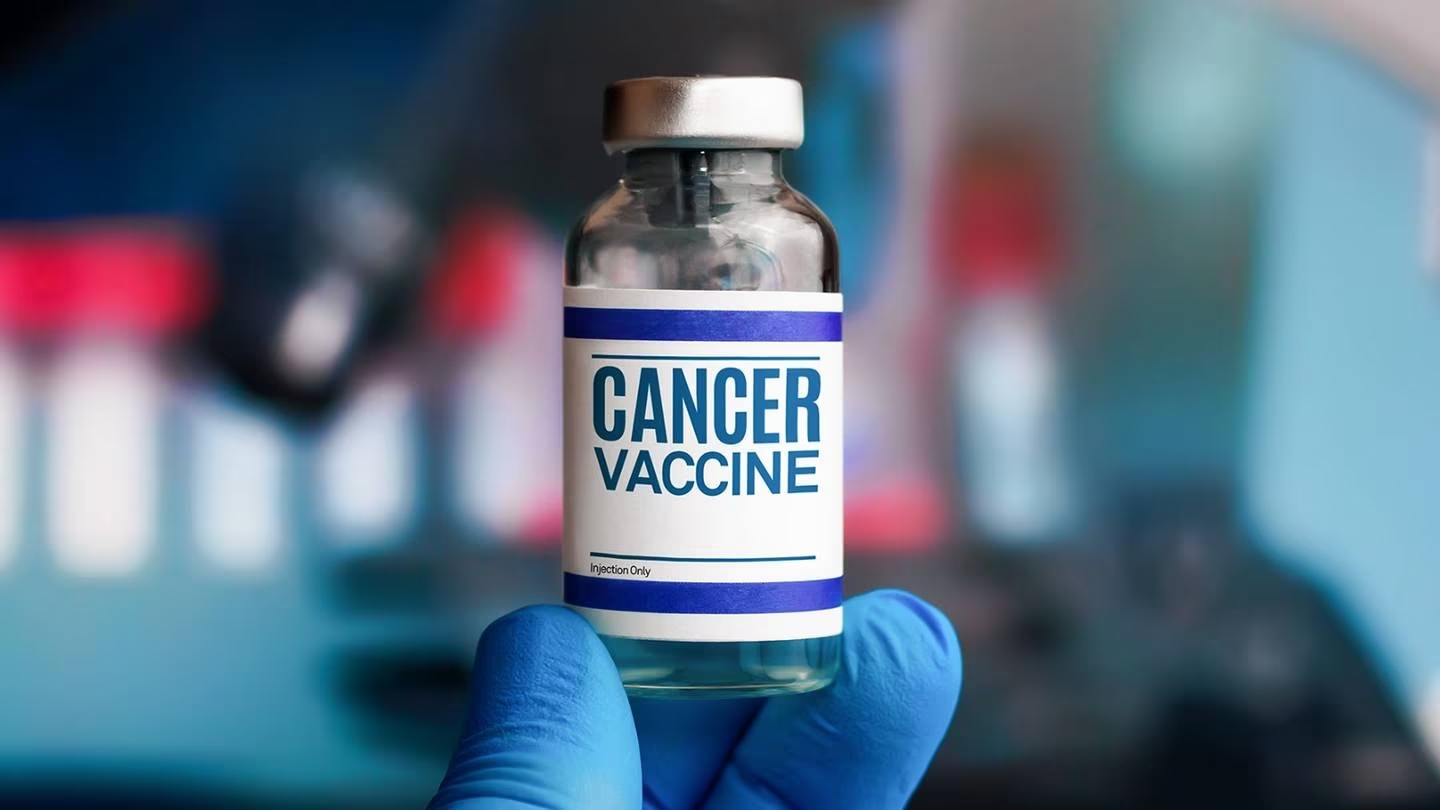
The first vaccination of humans was carried out over 200 years ago. This made it possible to stop some of the deadliest diseases of the 20th century and helped save hundreds of millions of lives across the planet. For diseases caused by viruses (such as measles or polio) and bacteria (such as diphtheria and tuberculosis), vaccines work by using a weakened or inactivated version of the infectious agent. This allows the immune system to identify these microorganisms and respond to them according to their specific markers (antigens). These vaccines work best preventively when a person is vaccinated before they get an infection.
In the case of cancer, the situation is more difficult, and this has made it difficult for vaccines to prevent or treat cancerous tumors. Unlike bacteria and viruses, which are foreign to our immune system, cancer cells more resemble normal human tissue (in fact, abnormal, not performing their functions). Moreover, each patient’s tumor is unique and has different antigens. Therefore, a more sophisticated approach is required to develop effective cancer vaccines.
Medical science knows for sure that there are viral infections that cause the development of some types of cancer. Thus, preventive vaccines play an important role in reducing the risk of cancer.
According to the Institute for Cancer Research, cervical cancer, anus squamous cell carcinoma, and head and neck cancer can all be caused by the human papillomavirus (HPV). Liver cancer sometimes occurs after infection with hepatitis B.
Scientists have developed several vaccines that can prevent infection with HBV, HPV infections and protect against the formation of cancer associated with these viruses. In most countries with developed medicine, it is included in the calendar of compulsory vaccinations for children.
The BCG vaccine (Bacillus Calmette-Guerin) is a weakened tubercle bacillus. Present in the CIS in the calendar of mandatory vaccinations. Included in the NCCN protocol as part of standard therapy for bladder cancer. The mechanism of action in cancer is not fully understood, most likely, the reason for the effectiveness of BCG in the general stimulation of immunity.
The world’s first cancer vaccine was proposed by the American surgeon and oncologist William Coley. In 1891, he became convinced that there was a link between Streptococcus pyogenes disease and cancer regression in patients. In 1893, Dr. Coley developed the first Streptococcus pyogenes-based cancer vaccine to treat patients with sarcoma (a group of cancers arising from connective tissue).
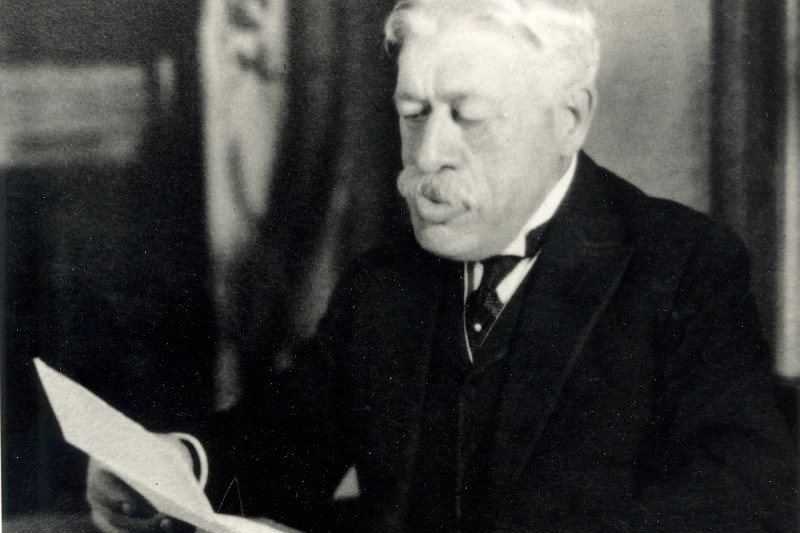
Coley’s vaccine was sharply criticized for the fact that many doctors of the time did not believe the results of such treatment.
Later, this medical direction was developed: the development of an antitumor vaccine was supported by scientists from such progressive countries as Germany and Japan. Experts in these countries have developed vaccines against lung, thyroid, breast and stomach cancers.
In 1999, a major study was carried out on the international databases of Surveillance Epidemiology End Results. The experts compared the 10-year survival rate of patients receiving protocol therapy with those who received the William Coley vaccine. As a result, it turned out that the condition of patients receiving cancer treatment with modern methods was no better than those who received the vaccine discovered by Dr.Coley more than 100 years ago.
It should be noted that Coley’s cancer vaccine did not have the side effects that occur after standard chemotherapy or radiation therapy. This proves that the Kolya cancer vaccine was quite effective and was not inferior in quality to classical methods of treating cancer.
In 2011, the Nobel Prize in Physiology or Medicine was awarded to Rockefeller University professor Ralph Steinman. «For the discovery of dendritic cells and their role in acquired immunity». Based on this revolutionary discovery, a new cancer vaccine has been developed.
Cancer vaccines are produced not only in the European Union, Japan and the United States. Institute of Experimental Pathology, Oncology and Radiobiology named after R.E. Kavetsky National Academy of Sciences of Ukraine provides patients with individual autovaccines against certain types of cancer.
The vaccine is recommended for patients with stage I-III oncological diseases after surgical treatment of the tumor. Also, the cancer vaccine can be used to prevent relapse after chemotherapy and radiation therapy.
From a scientific point of view: cancer vaccines are created on the basis of antigens from the patient’s tumor tissue, modified by cytotoxic lectins – the products of the synthesis of the saprophytic culture of B. subtilis B-7025. This method of vaccine production ensures their high specificity and immunogenicity due to the presence of modified tumor antigens and microbial adjuvants.
According to the National Academy of Sciences of Ukraine, the use of an antitumor autovaccine in the complex therapy of oncological diseases significantly increases the life expectancy of patients and improves their quality of life.
In fact, an cancer autovaccine is a modern therapy based on the patient’s dendritic cells. This treatment uses the ability of dendritic cells to identify cancer cells so that the body can recognize and attack them.
Dendritic cells are human immune cells that act as “commanders” to indicate cancer targets for lymphocytes. To make a vaccine, prototype cells (monocytes) are removed from the body, from which dendritic cells are then grown.
Since the patient’s own immune cells are used, the side effect is not pronounced. Therefore, there is no need for hospitalization, treatment can be carried out on an outpatient basis.
Currently, doctors have achieved the greatest success by using vaccination for the types of cancer listed below.
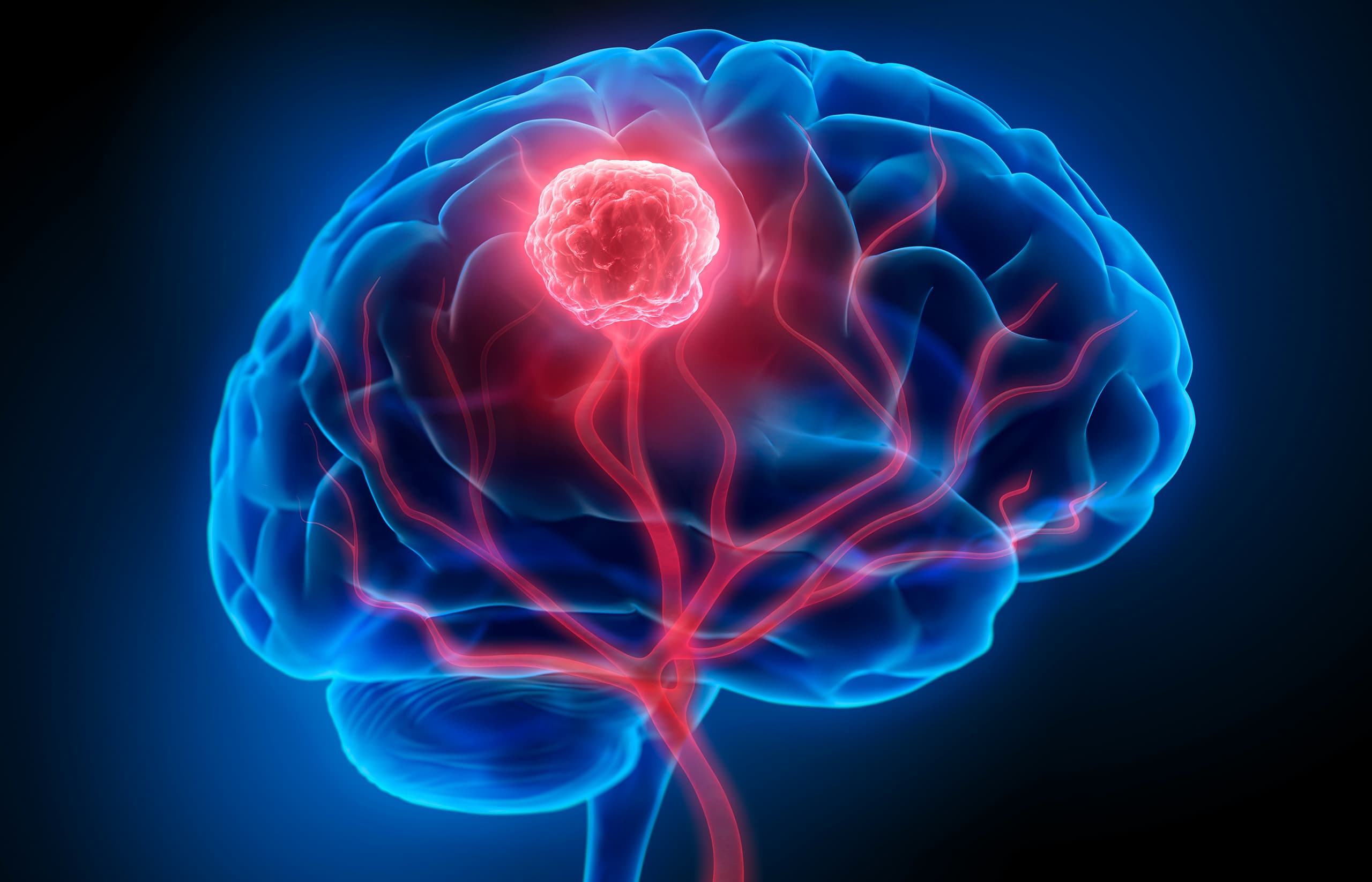
Malignant brain tumors are an intractable type of cancer. The central nervous system is reliably protected by the blood-brain barrier. It prevents dangerous microorganisms and toxins from entering the brain, but at the same time makes it difficult to treat cancer by not missing chemotherapy drugs.
An additional complication is that lymphatic vessels and dendritic cells are absent in the brain. These are cells that play a special role in the functioning of the immune system. They recognize a threat (for example, a mutation in a cell that leads to cancer) and pass this information on to lymphocytes, which find and destroy the potential threat.
Scientists have found that under certain conditions, such as inflammation or tumor growth, lymphocytes can enter the brain. This was the impetus for the development of a new treatment method – dendritic cell vaccines. They are made individually for each patient. This requires a sample of the removed tumor and a small amount of peripheral blood. Once in the body, the vaccine activates a mechanism by which immune cells gain the ability to recognize and attack the tumor. Thus, the patient’s organism begins to fight the disease on its own.
In recent years, numerous studies have been conducted that have proven the effectiveness of vaccine therapy in the treatment of brain cancer. The introduction of dendritic cells made it possible to increase the 5-year survival rate of patients with gliomas from 5% to 20%. These tumors are almost impossible to remove completely because they infiltrate the brain tissue. The use of the vaccine makes it possible to destroy cancer cells that may have remained after the operation.
Dendritic cell vaccines also showed good results in the treatment of astrocytomas. The therapy helped to increase the life expectancy of patients with stage III tumors by almost 2 times. With anaplastic oligodendromas, vaccine therapy helps to stop the growth of the neoplasm, and in some cases even reduce it. At the same time, the treatment improves the patients’ quality of life. According to a study conducted by Belgian scientists, 6 out of 7 patients who have undergone innovative vaccine therapy are satisfied with their condition and are able to lead a full life.
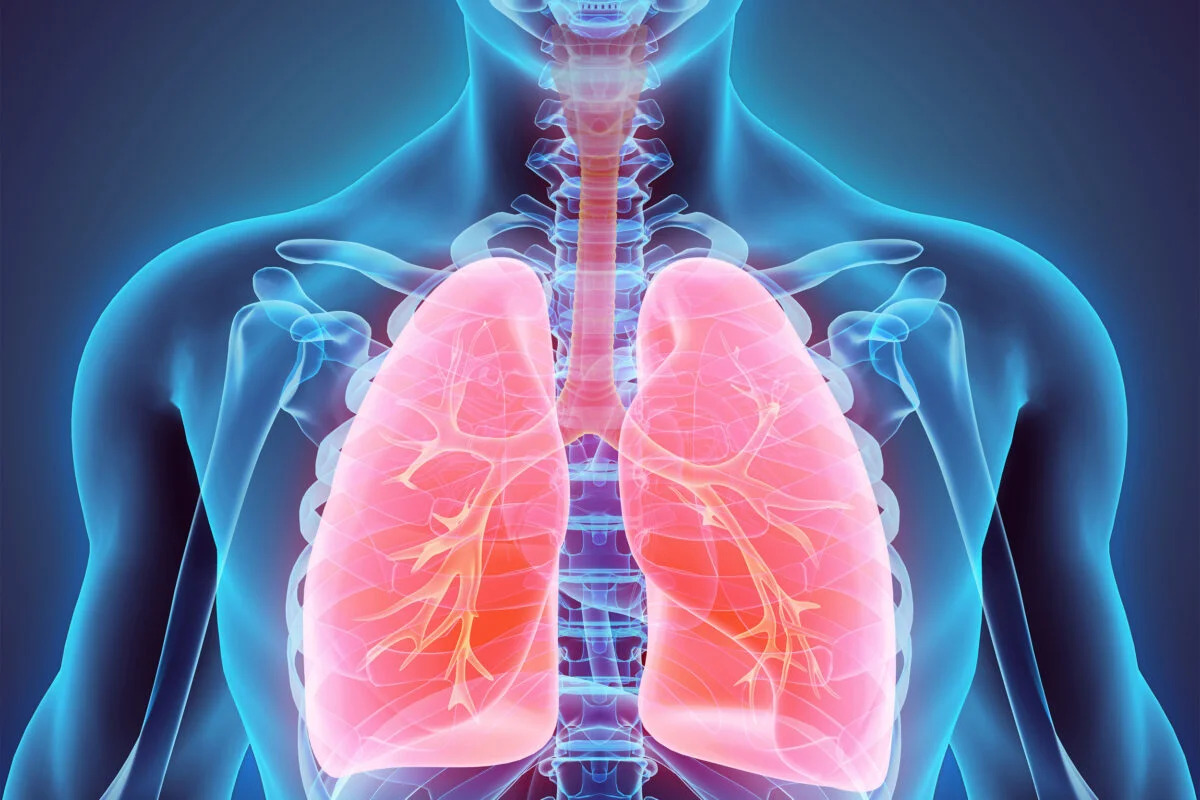
In most developed countries of the world, lung cancer is the most common cancer. Non-small cell lung cancer (NSCLC) accounts for 75–80% of all diagnosed cases. The only definitive treatment for NSCLC is surgery. Its effectiveness largely depends on the degree of spread of the tumor. The five-year survival rate of radically operated patients is 20%. Other treatments, such as radiation and chemotherapy, are only temporary. Recently, scientists have turned their attention to the possibility of treating non-small cell lung cancer with cancer vaccines.
There are different types of cancer vaccines. However, all of them are united by the principle of action. It aims to activate the patient’s own immune system. Researchers from the National Cancer Institute of Ukraine evaluated the effectiveness of a dendritic cell vaccine in the treatment of lung cancer. They noted the good tolerability of the treatment (only a few patients had reactions in the form of chills 4-6 hours after the introduction of the autovaccine and a short-term increase in temperature to 38.0 degrees Celsius). 4 weeks after the introduction of the vaccine, all patients showed a significant increase in the number of natural killers (lymphocytes that attack cancer cells). In general, vaccine therapy showed a pronounced antitumor and antimetastatic effect.
For the treatment of cancer, doctors also use autovaccines, which are made from the patient’s tumor material and contain an effect-enhancing component – the cytotoxic lectin B. subtilis B-7025. The presence of the patient is not required for the preparation of this vaccine. It is enough to send a sample of tumor material to the clinic. The effectiveness of this drug in stabilizing or reducing the tumor process is 70%.
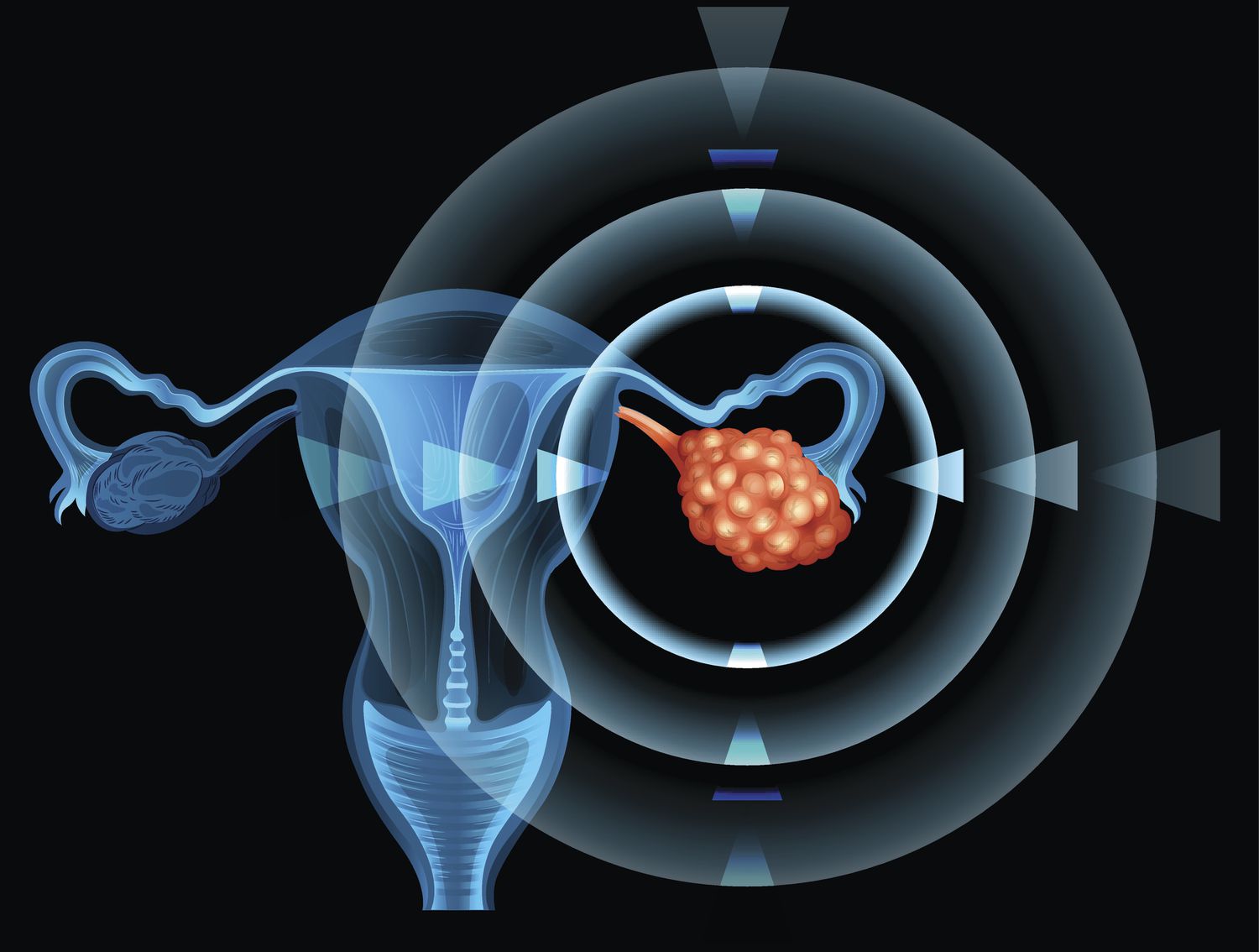
Ovarian cancer is called the “silent killer” because it does not manifest itself in the initial stages and is often diagnosed only at a late stage. After surgery followed by chemotherapy, the majority of patients (85%) experience cancer recurrence and eventually develop resistance to chemotherapy drugs.
Therefore, scientists have focused their attention on the fact that some patients have an immune response to tumor development. This feature has allowed the development of cancer vaccines that, by stimulating the immune system, can increase the survival of patients.
Lana Kandalaft is a senior author on the new study and an associate professor at the University of Pennsylvania’s Perelman School of Medicine who decided to evaluate the new treatment’s effectiveness. Together with colleagues, she developed “personalized” vaccines for 25 patients with advanced recurrent ovarian cancer. According to the American Cancer Society, the median five-year survival rate for patients with recurrent advanced epithelial ovarian cancer is only 17%.
To create vaccines, scientists used preserved samples of previously removed tumors and blood taken from the patients. Each of the patients received an average of 16 doses of the vaccine. None of the patients experienced serious side effects. The highest median two-year survival was observed in women who received the vaccine in combination with two chemotherapy drugs (78%). In the control group, in which patients received only chemotherapy, the survival rate was 44%. And the most amazing thing: one patient who received only the autovaccine managed to achieve a stable remission within 5 years after the study. She had two cancer recurrences after chemotherapy prior to the experiment.
Thus, the ovarian cancer vaccine is a promising treatment that offers hope for patients with recurrent tumors that are resistant to chemotherapy.
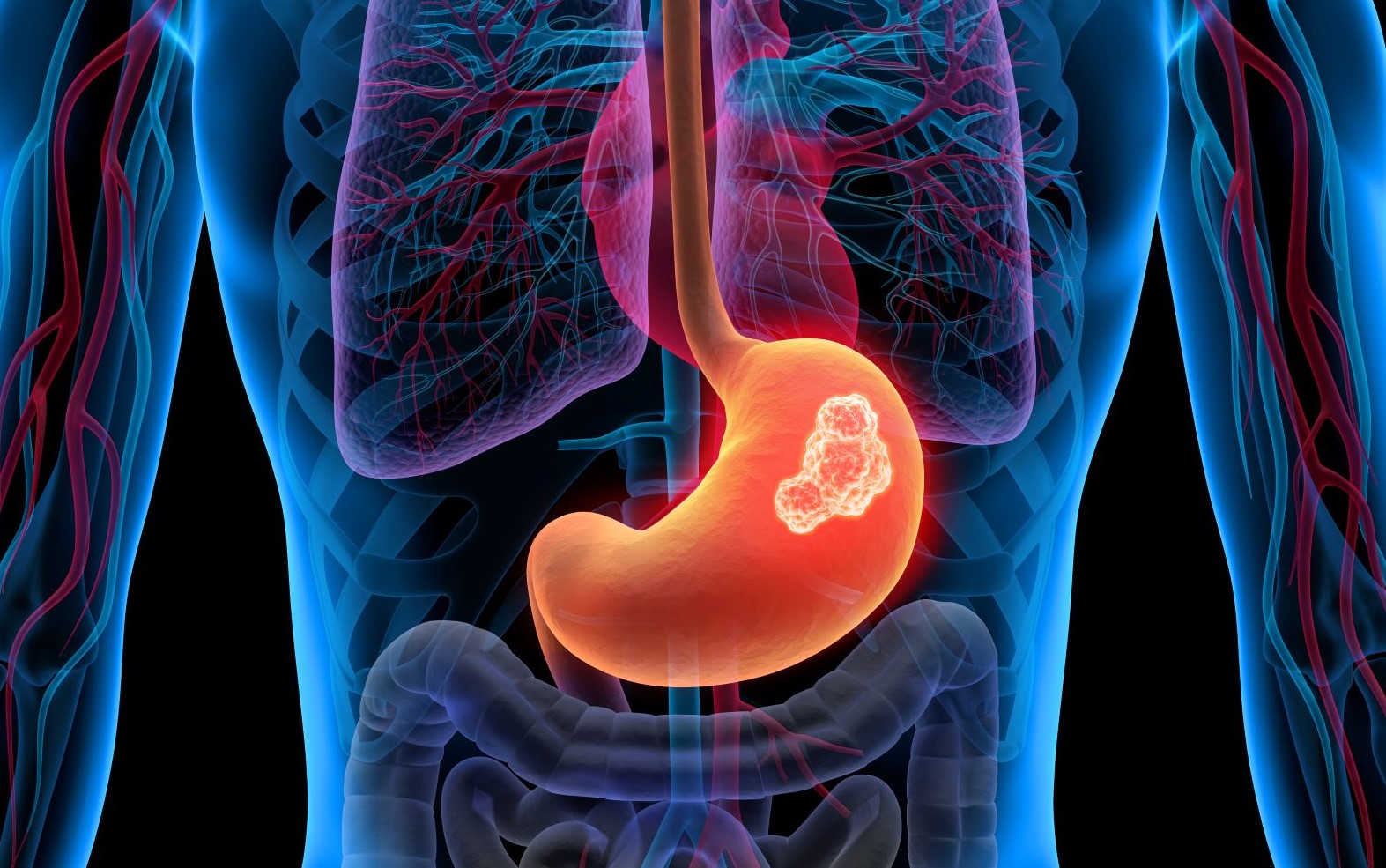
Despite progress in the treatment of malignant neoplasms of the gastrointestinal tract, they still remain one of the most urgent problems of the modern healthcare system. Traditional treatment, including radiation and chemotherapy, is only partially effective and is associated with the development of serious side effects. As an alternative, scientists are considering immunotherapy, namely the use of antitumor vaccines.
The effectiveness of the new method of treatment was evaluated by Ukrainian researchers who used an innovative vaccine of their production for the treatment of stomach cancer. It is created individually for each patient from autologous (own) tumor cells by treating them with B. subtilis B7025 cytotoxic lectins.
The study involved 217 patients with resectable gastric cancer (I-IV stage) aged 30 to 75 years. After the diagnosis was made, all patients underwent a radical operation to remove the tumor. The degree of complexity of the surgical intervention depended on the extent of the cancer. Starting from the 10th day after the operation, some patients received vaccine therapy.
The scientists came to the conclusion that the treatment with an antitumor autovaccine in the postoperative period is safe, does not cause complications and does not require the use of additional medications. The introduction of the vaccine can reduce the risk of cancer recurrence and increase the 5-year survival of patients.
It is not necessary to come to Ukraine to undergo treatment of stomach cancer with an autovaccine. It is enough to have a preserved sample of the tumor. The vaccine will be made in a laboratory and delivered to a clinic in the country where the patient lives.
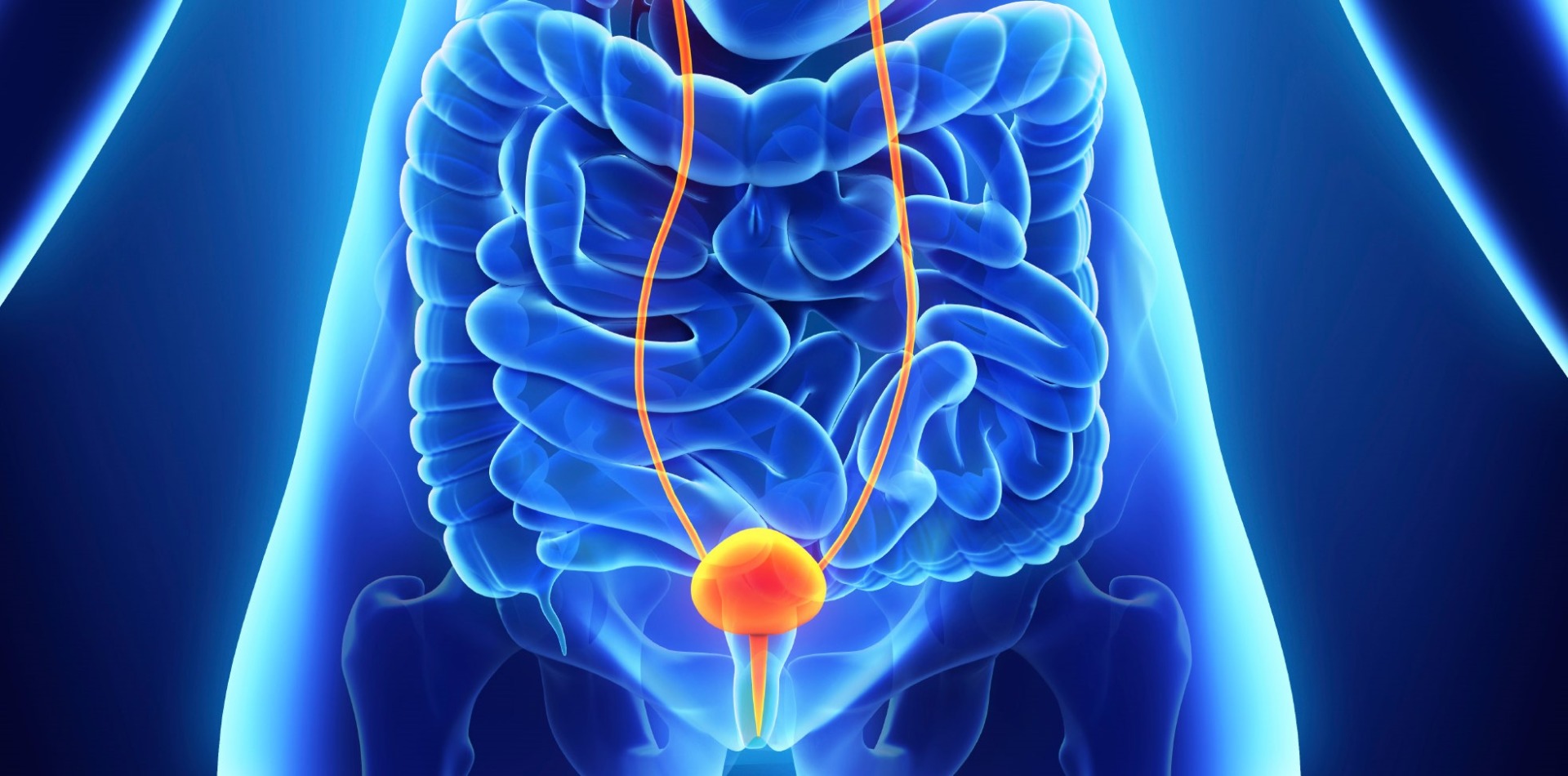
According to world statistics, bladder cancer is in fourth place among the most common malignant neoplasms in men and in 11th place in women. About 400 new cases of this disease are diagnosed every year worldwide. Approximately 75% of cases reveal superficial, non-invasive histological bladder cancer. However, half of patients with this type of tumor relapse after transurethral resection, and 5–25% of these patients progress to the muscle-invasive stage after repeated relapses.
Immunotherapy has a relatively successful history in the treatment of genitourinary tract cancer, beginning with the intravesical administration of the Calmette-Guerin (BCG) anti-tuberculosis vaccine. Currently, this method is used as the main therapy for the treatment of superficial bladder cancer after transurethral resection. However, it has limited effectiveness and a high level of toxicity and side effects.
Therefore, at present, doctors use antitumor autovaccines to treat bladder cancer. Their use helps to activate the patient’s defense system to fight the malignant process. Vaccine therapy is well tolerated by patients and does not cause side effects. In combination with standard methods of treatment, this technique can increase the effectiveness of therapy and reduce the risk of recurrence of the disease.
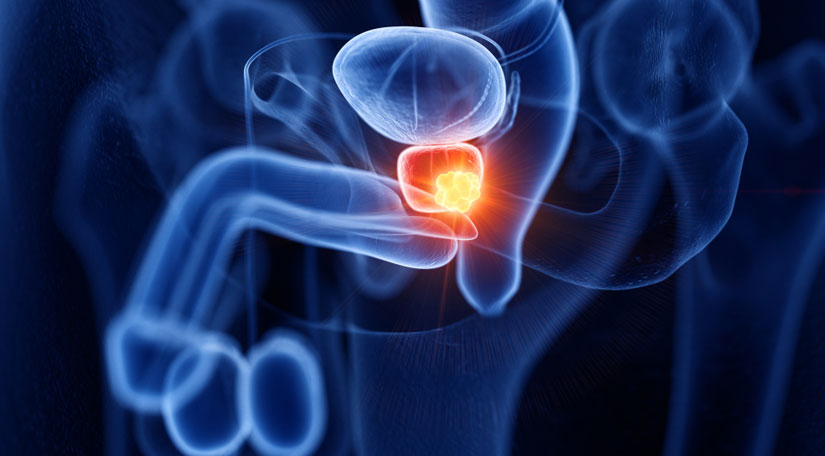
There is currently one FDA-approved vaccine for prostate cancer, Sipuleucel-T (Provenge). Unlike traditional vaccines, which boost immunity and increase resistance to infections, this drug modulates the immune system to help it attack prostate cancer cells.
Provenge cancer vaccine is an autologous cellular immunotherapy indicated for the treatment of asymptomatic or minimally symptomatic metastatic castrate-resistant (hormone refractory) prostate cancer.
The autovaccine is made individually for each patient. For this, leukocytes are removed from the patient’s blood. Then in the laboratory they are mixed with tumor proteins (prostatic acid phosphatase). The leukocytes are then injected back into the bloodstream. Once in the body, they transmit the received information to other immune cells, which acquire the ability to recognize and attack cancer cells.
Ukrainian scientists have developed an autovaccine against prostate cancer with a similar principle of action. In terms of efficiency, it is not inferior to its foreign counterpart, but it is much cheaper. The cost of a full course of treatment with Provenge, which consists of three infusions, is $93,000, including the cost of administering the vaccine. The price of treatment with Ukrainian autovaccine is calculated individually, but it is an order of magnitude lower than the cost of an American drug.
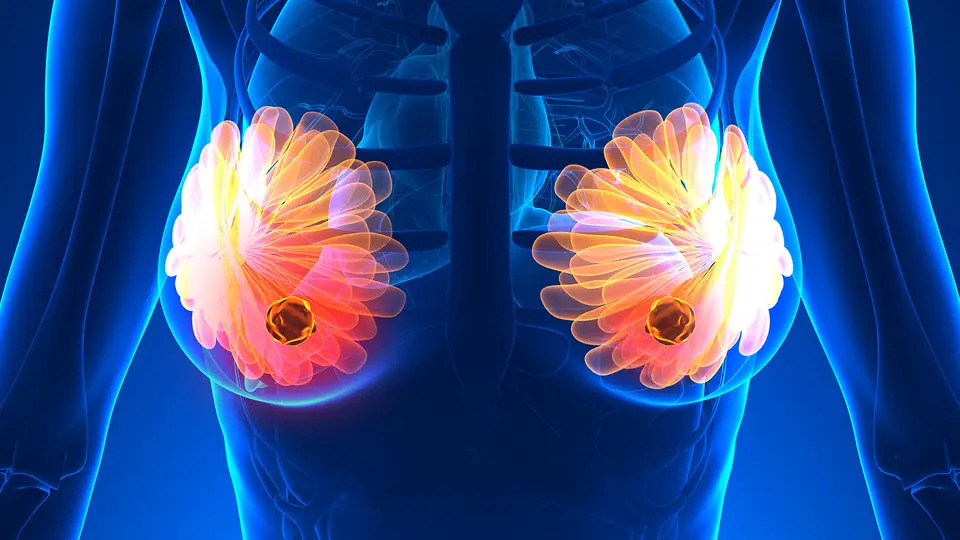
Recently, an increase in morbidity and mortality from breast cancer, which ranks first among malignant neoplasms in women, has been noted all over the world. This causes the urgency of the problem of developing new, more effective methods of treatment. One of the most promising directions in this field is the use of antitumor autovaccines.
The effectiveness of vaccine therapy was evaluated by Ukrainian scientists. The vaccine was made individually for each patient on the basis of a sample of a previously removed tumor. After a course of treatment, the researchers concluded that vaccine therapy:
In addition, the use of a breast cancer vaccine improves the general condition of patients and improves their quality of life.
The cost of cancer vaccines varies widely. The price depends on the type of drug, the method of its manufacture, as well as the duration of the course of treatment. In the US and Europe, the cost of cancer vaccines is quite high and starts at $90,000. Vaccines produced in Ukraine are much cheaper, while in terms of efficiency they are not inferior to similar drugs from other countries. To find out the cost of cancer immunotherapy using auto- or xenovaccines, contact the medical coordinator of MedTour. A MedTour specialist will answer all your questions, clarify the price of treatment in your particular case and help resolve all organizational issues.
The autovaccine has a pronounced antitumor effect at stages 1-3 of the disease. Increases the patient’s endurance to chemotherapy and radiation therapy, prevents the development of cytopenic conditions (deficiency of blood cells).
The vaccine against cancer has an anti-relapse and antimetastatic effect in various forms of malignant neoplasms.
Antitumor autovaccines are used only as directed and under the supervision of an oncologist.
The MedTour company cooperates with leading medical institutions from different countries. To take a course of treatment with a cancer vaccine, leave a request on the website. The coordinating doctor will advise you free of charge and make an appointment with a specialist who will conduct anti-tumor vaccination in Ukraine or abroad.
Please rate the work of MedTour
